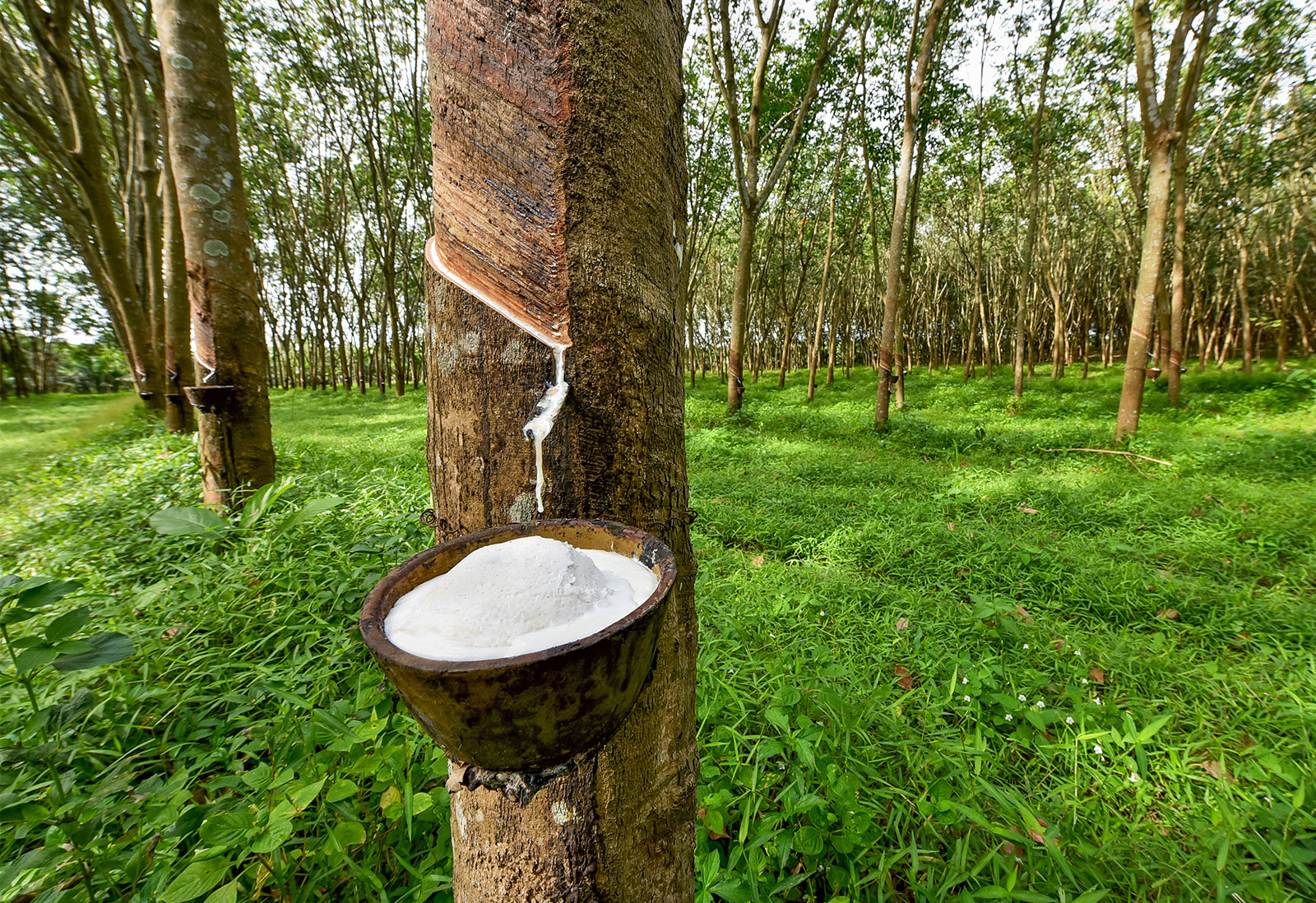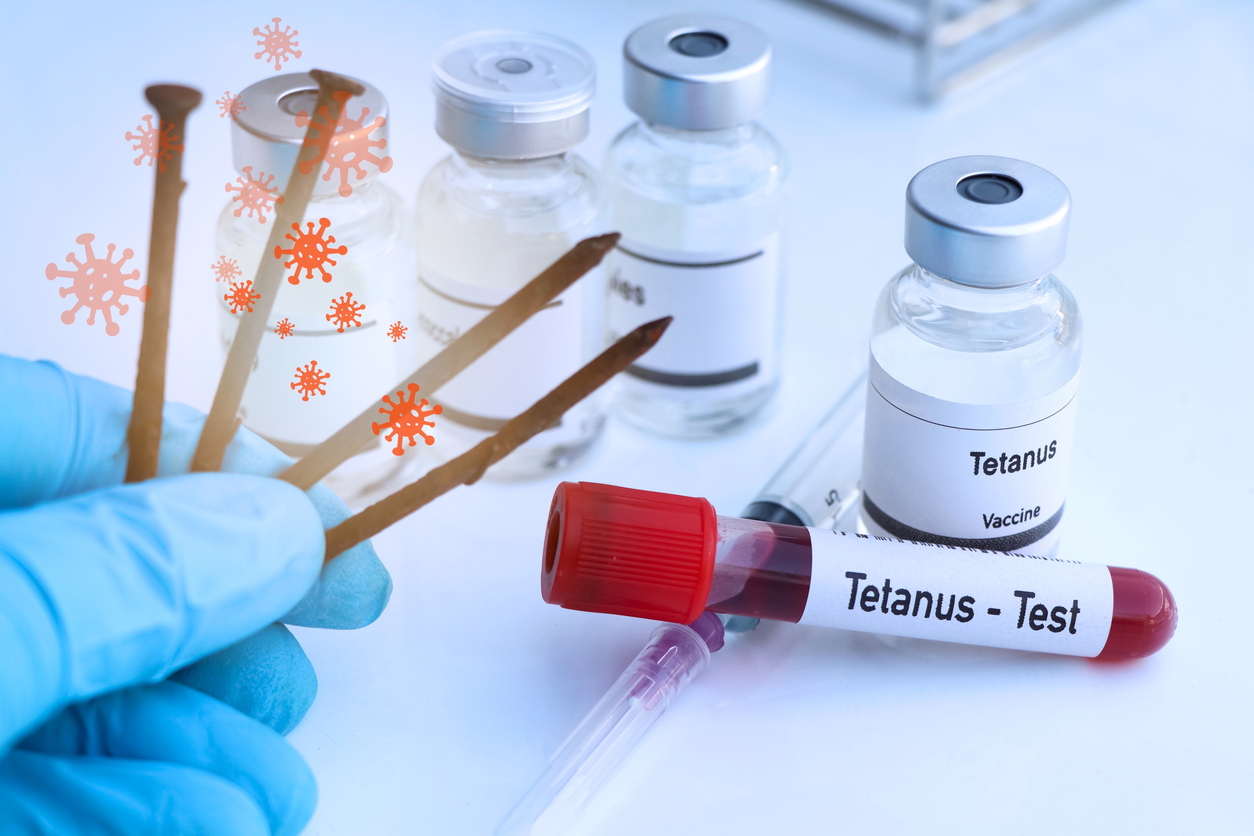Step-by-step guide: How to buy and export rubber from Burundi with Wigmore Trading
Step-by-step guide: How to buy and export rubber from Burundi with Wigmore Trading
Rubber is one of the most versatile and essential commodities in the world, used in everything from tires to gloves. And if you’re looking to buy high-quality rubber at competitive prices, Burundi could be your next destination. But how do you navigate the complex process of buying and exporting this valuable crop? That’s where Wigmore Trading comes in. In this step-by-step guide, we’ll show you exactly how to purchase rubber from Burundi with ease – so read on and get ready to start trading!
Introduction to Wigmore Trading and the rubber industry in Burundi
Wigmore Trading is a leading international trade company specializing in the export of rubber from Burundi. We have over 10 years of experience in the industry and are dedicated to providing our clients with the highest quality products and services. We are proud to be the exclusive supplier of rubber to the Burundian government and have established strong relationships with all major stakeholders in the country.
The rubber industry in Burundi is booming, thanks to the high demand for natural rubber globally. The country has some of the best conditions for growing rubber trees, with a warm climate and ample rainfall. This has resulted in Burundi becoming one of the top producers of natural rubber in Africa.
If you’re interested in buying and exporting rubber from Burundi, Wigmore Trading is the perfect partner for you. We can provide you with all the support you need, from sourcing the best quality rubber to ensuring timely delivery to your destination. Contact us today to learn more about how we can help you grow your business.
Steps for Buying and Exporting Rubber from Burundi with Wigmore Trading
If you’re looking to buy and export rubber from Burundi, Wigmore Trading is here to help. We’re a leading international trading company specializing in the trade of natural rubber and other commodities, and we’re experts in the logistics of shipping rubber from Burundi to buyers around the world. In this blog post, we’ll outline the steps involved in buying and exporting rubber from Burundi with Wigmore Trading.
The first step is to get in touch with us and let us know your requirements. We’ll then provide you with a quote for the purchase and shipping of the rubber you need. Once you’ve accepted our quote, we’ll arrange for a contract to be signed between you and Wigmore Trading.
The next step is to arrange payment for the rubber you’ve purchased. We accept payments by bank transfer, letter of credit, or cash on delivery (COD). Once payment has been received, we’ll begin making arrangements for the shipment of your rubber.
We’ll work with our partners in Burundi to source the best quality rubber available, and we’ll coordinate with our shipping partners to ensure that your rubber is delivered safely and on time. We have a network of warehouses across Europe and Asia, so we can ship your rubber directly to your desired destination.
Once your shipment arrives at its destination, our team will work with you to clear customs and ensure that your Rubber arrives safely at its final destination. We have a
– Step 1: Choosing a Supplier
When it comes to choosing a supplier, there are many factors to consider. The most important factor is finding a reputable and reliable supplier who can provide you with the quality of rubber you need. There are a few ways to find potential suppliers:
– search online directories such as Alibaba.com or GlobalSources.com
– attend trade shows related to the rubber industry
– ask other businesses in your network for recommendations
Once you have a list of potential suppliers, it’s important to do your due diligence before selecting one. Some things you should look into include:
– their experience in the industry and exporting rubber
– whether they have a good reputation with other buyers
– their financial stability
– what kind of customer service they provide
After narrowing down your list of potential suppliers, it’s time to start getting quotes. When doing so, be sure to specify exactly what type and quality of rubber you need, as well as the quantity. Once you receive the quotes, compare them based on price and the other factors mentioned above. From there, you can select the supplier that is the best fit for your needs.
– Step 2: Setting Up a Contract
After you have found a supplier that you would like to work with, it is time to set up a contract. This will serve as an agreement between you and the supplier, and will outline the terms of your business relationship.
When setting up a contract, there are a few key points that should be covered:
– The type of rubber that will be supplied
– The price of the rubber
– The quantity of rubber that will be supplied
– The delivery schedule
– Any special requirements or conditions
Once you have agreed upon the terms of the contract, both parties will need to sign and date it. Once the contract is in place, you can move forward with confidence knowing that both parties are committed to the agreement.
– Step 3: Transportation and Shipping
If you’re looking to buy and export rubber from Burundi, Wigmore Trading can help. We’re a family-run business with over 30 years of experience in the international trade of commodities, and we know the ins and outs of the rubber trade. Here’s a step-by-step guide on how to buy and export rubber from Burundi with Wigmore Trading:
3. Transportation and Shipping
Once you’ve found a supplier and negotiated a price, it’s time to arrange transportation and shipping. This is where Wigmore Trading comes in. We have a network of reliable partners who can help get your rubber from Burundi to your destination, whether it’s by land, sea, or air. We’ll work with you to find the best solution for your needs and budget.
– Step 4: Payment Terms
In order to complete the purchase and export of rubber from Burundi, buyers must agree to the payment terms set by Wigmore Trading. Buyers may elect to pay using their own letter of credit, or they may use Wigmore Trading’s in-house letter of credit. If using Wigmore Trading’s in-house letter of credit, buyers must provide a deposit of 50% of the invoice value. The remaining 50% is due once the shipment has been delivered and accepted by the buyer.
– Step 5: Documentation and Compliance Requirements
Documentation and compliance requirements vary depending on the type of product being exported and the country of destination. For example, when exporting rubber to the United States, you will need a commercial invoice, packing list, bill of lading, and Certificate of Origin. The Certificate of Origin must be issued by the Chamber of Commerce in Burundi and must be countersigned by a licensed customs broker.
When exporting to other countries, you may need other documents in addition to or instead of the ones listed above. For example, when exporting to China, you will need a Chinese import license and a Certificate of Quarantine. It is important to check with the importer in your destination country to determine what documentation they require.
In addition to specific documentation requirements, there are also general compliance requirements that must be met in order for your shipment to be cleared for export. These include ensuring that your products meet all applicable safety and quality standards, as well as any labeling requirements that may apply.
If you are unsure about what documentation or compliance requirements apply to your situation, you can contact Wigmore Trading for assistance. We have extensive experience with international trade regulations and can help you ensure that your shipment is properly documented and compliant.
– Step 6: Quality Control and Inspection
Assuming that you have found a reliable supplier of rubber in Burundi, it is important to put quality control measures in place to ensure that the rubber meets your standards. Here are some tips for quality control and inspection:
– Make sure that the supplier has a quality control system in place. Ask to see their quality control procedures and check that they are regularly testing the rubber for impurities and defects.
– If possible, visit the supplier’s facility to see how the rubber is produced and stored. This will give you a better idea of the conditions under which it is produced and will allow you to identify any potential issues.
– Once the rubber arrives at your facility, inspect it thoroughly. Check for visual defects and impurities, and test the rubber’s physical properties to ensure that it meets your requirements.








Comments are closed.